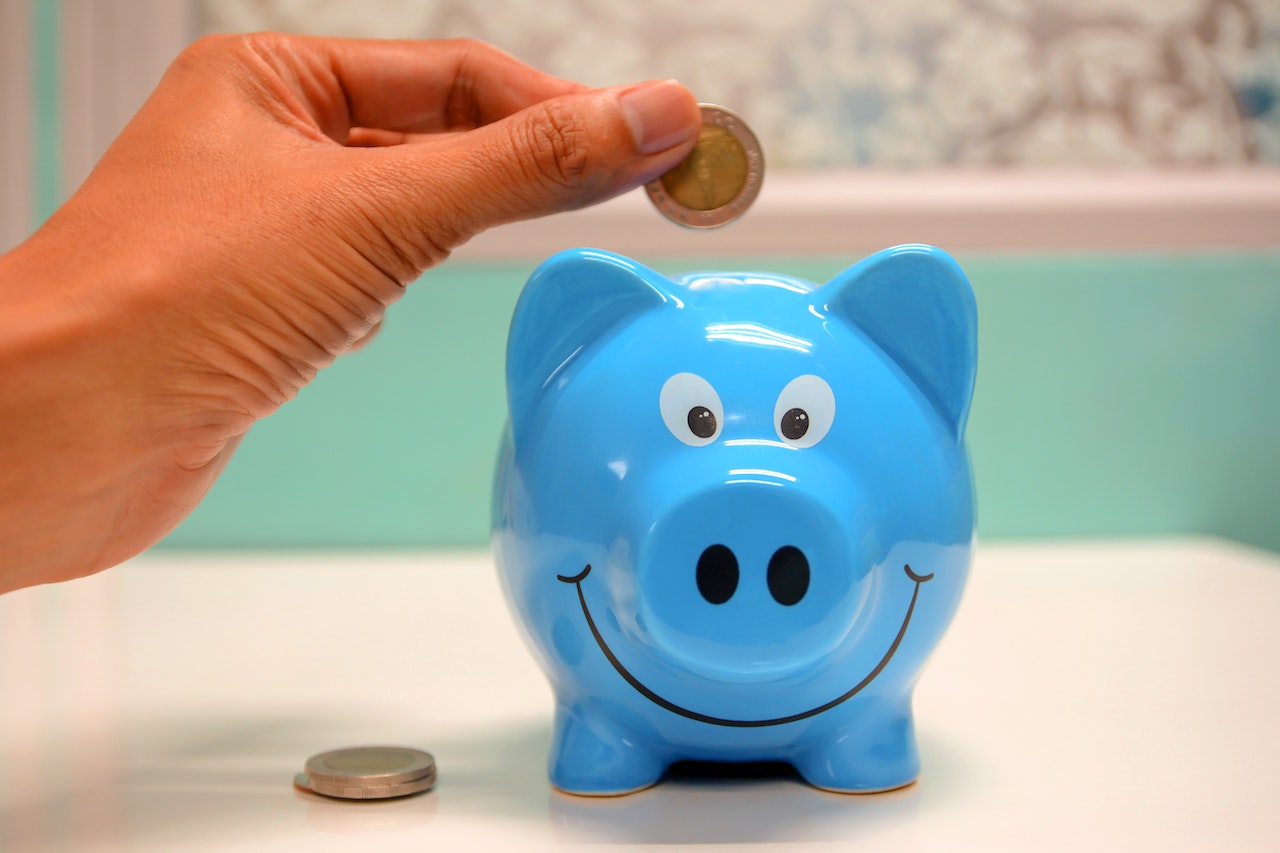Paying off loans can be a daunting task, especially if you have a large amount of debt. One option that some people consider is using a credit card to pay off their loans. While this may seem like a convenient solution, there are both benefits and risks associated with this approach. In this article, we will explore these advantages and disadvantages to help you make an informed decision.
One of the main benefits of paying off your loan with a credit card is the potential to save money on interest. Credit cards often offer promotional periods with low or even zero percent interest rates for balance transfers. By transferring your loan balance to a credit card with a lower interest rate, you can save a significant amount of money in interest payments.
Another advantage is the convenience and flexibility that credit cards offer. Instead of making multiple loan payments each month, you can consolidate your debt onto a single credit card. This can simplify your financial situation and make it easier to manage your payments. Additionally, credit cards often come with perks such as rewards programs, cashback, or travel benefits that can provide additional value.
However, there are also risks involved in using a credit card to pay off your loan. One of the biggest risks is the potential to accumulate more debt. Credit cards can be tempting, and if you are not disciplined with your spending, you may end up charging more than you can afford to pay off. This can lead to a cycle of increasing debt and financial stress.
Furthermore, credit cards often come with high-interest rates, especially after the promotional period ends. If you are unable to pay off the transferred balance within the low or zero interest period, you may end up paying more in interest than you would have with your original loan. It is essential to carefully read the terms and conditions of the credit card offer and calculate the potential interest costs before making a decision.
Another risk to consider is the impact on your credit score. Transferring a significant amount of debt to a credit card can increase your credit utilization ratio, which is the percentage of available credit you are using. A high credit utilization ratio can negatively affect your credit score. Additionally, opening a new credit card account can temporarily lower your credit score due to the credit inquiry and the average age of accounts.
Paying off your loan with a credit card may seem like a convenient option, especially if you’re looking to consolidate debt or take advantage of credit card rewards. However, it’s important to weigh the benefits and risks before deciding to go down this path. In this article, we will explore the advantages and disadvantages of using a credit card to pay off your loan.
Benefits of Paying Off Your Loan with a Credit Card:
1. Convenience: Using a credit card to pay off your loan can be a convenient option, especially if you’re already accustomed to making payments with your card. It eliminates the need to write checks or set up separate payment methods for your loan.
2. Potential for Rewards: Some credit cards offer rewards programs that allow you to earn cash back, points, or airline miles on your purchases. By paying off your loan with a credit card, you may be able to take advantage of these rewards, effectively earning something back on your payment.
3. Consolidation and Simplification: If you have multiple loans or debts, paying them off with a credit card can simplify your financial situation. It allows you to consolidate your debts into one payment, potentially reducing the number of interest rates and due dates you have to keep track of.
Risks of Paying Off Your Loan with a Credit Card:
1. High Interest Rates: Credit cards typically have higher interest rates compared to loans, especially if you have a less-than-perfect credit score. If you’re unable to pay off your credit card balance in full, you could end up paying significantly more in interest over time, negating any potential rewards or benefits.
2. Increased Debt Utilization: Utilizing a large portion of your credit card’s available balance to pay off a loan can negatively impact your credit score. Credit utilization, the ratio of your credit card balances to your credit limits, plays a significant role in determining your creditworthiness. Using too much of your available credit can lower your score and make it harder for you to obtain future loans or credit.
3. Risk of Late Payments: If you’re unable to make the full credit card payment on time, you may incur late fees and damage your credit score. Additionally, missing payments can trigger penalty interest rates, further exacerbating your financial burden.
4. Potential for Impulsive Spending: Having a credit card with a large available balance can tempt you to make unnecessary purchases, leading to increased debt and financial instability. It’s crucial to exercise discipline and avoid overspending when using a credit card to pay off a loan.
Before deciding to pay off your loan with a credit card, consider your financial situation, creditworthiness, and ability to pay off the balance in full. If you have a high-interest loan and are confident in your ability to pay off the credit card balance within the grace period, using a credit card may make sense. However, if you’re unsure about your ability to manage the credit card debt, it may be safer to explore other options, such as negotiating a lower interest rate with your lender or seeking advice from a financial advisor.
In conclusion, paying off your loan with a credit card can offer convenience, potential rewards, and debt consolidation benefits. However, the high-interest rates, increased debt utilization, risk of late payments, and potential for impulsive spending should be carefully considered. It’s essential to weigh the potential b

Leave a Reply